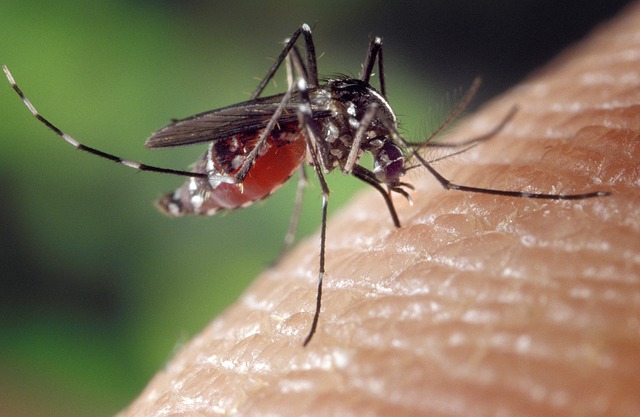- Email: [email protected]
- Call: 855-500-5271
Traveling to other countries is exciting, but it is also an activity that poses a certain risk, especially when you go to exotic locations. Understanding which measures you can take to protect yourself from parasitic infections is important. There are several ways a person can get infected, but luckily, there exist modern medications that can help you treat post-travel infections if you contract them.
When it comes to contracting parasitic infections, there are several common ways that this can happen while traveling. They include:

Another category of parasitic infections that often affect travelers is vector-borne diseases. These are the type of illnesses that are spread by insects, such as ticks, mites, mosquitoes, and others. If you know that you will be in an environment where you can come in contact with any of them, you should follow these rules:
The diseases spread through vector-borne transmission are common in tropical and subtropical countries, so when you travel there, you have to be prepared.
Onchocerciasis is a disease caused by the parasitic worm Onchocerca volvulus and it is transmitted through the bites of blackflies. Another name of this disease, river blindness, refers to the fact that blackflies are common near rivers while onchocerciasis can cause visual impairment. Other symptoms caused by this disease include different skin reactions – rashes, itching, pigmentation, and formation of bumps under the skin.
The most effective treatments used for onchocerciasis include such:
Ivermectin is the number-one preferred drug for the treatment of onchocerciasis. It reduces the skin symptoms and the occurrence of problems with vision caused by the disease. There are many more aspects to Ivermectin that you should always be considered. The following resource will provide you with all the necessary information on the matter: immunepharma.com/infections/ivermectin-generic-stromectol.
One of the most dangerous parasitic infections in the world is malaria. This is a mosquito-borne disease that can lead to serious complications and even death. The symptoms of malaria are similar to that of flu – fatigue, headache, chills, vomiting, and nausea. It can also cause jaundice and anemia in some people.
The treatment depends on many factors, such as age, the severity of symptoms, and the type of malaria parasite. Some of the drugs that may be used include:
The full list of Malaria tablets: drugs.com/condition/malaria.html
A combination of drugs that target the parasite in different ways can be used in more severe cases.
One of the most common ways that people contract a parasitic infection when traveling is through food and water. It is essential to practice proper hygiene and follow specific rules in order to minimize the risk of getting infected. The recommendations include the following:
You can take all the right measures and still contract an infection. In this case, undergoing the right diagnostic procedures and getting the treatment should be done as soon as possible.
The disease is caused by the microscopic parasite called cryptosporidium. In the majority of cases, this parasitic infection is spread by water, so it’s possible to contract it when you swim or drink untreated water. It can affect both humans and animals and is tolerant to chlorine disinfection. The symptoms of this disease include diarrhea, nausea, fever, dehydration, and stomach cramps.
When it comes to the treatment, some of the drugs actively used to treat this condition include:
The full list of Cryptosporidiosis medications: drugs.com/condition/cryptosporidiosis.html
Another health problem that can be experienced by travelers is cyclosporiasis. It is caused by the parasite Cyclospora cayetanensis and you can get this infection by drinking contaminated water. The symptoms of this infection include weight loss, cramping, watery diarrhea, bloating, fatigue, and loss of appetite. The mild and asymptomatic cases of this disease often don’t require any treatment. In more severe cases, the doctor may decide to prescribe one of the following options:
This disease is caused by a parasite called giardia and it can be found in water, food, soil, and feces. What makes this disease especially common is that it spreads from one human to another, through objects, surfaces, and anything you eat. The symptoms of giardiasis include upset stomach, nausea, gas, diarrhea, greasy stool, and stomach pain.
The most commonly prescribed drug options for giardiasis include such:
Depending on the severity of the condition, a doctor can choose the right duration of treatment and dosage.
If you are a traveler and you notice any suspicious symptoms once you get home, it is essential that you go to your doctor and check whether you may have a parasitic infection.